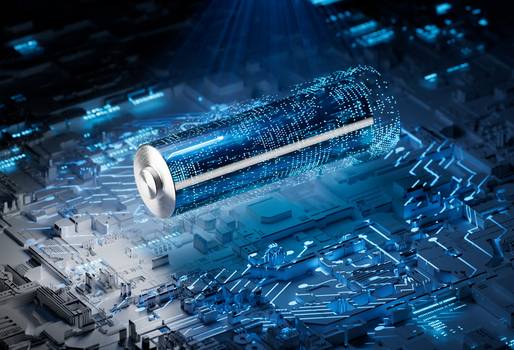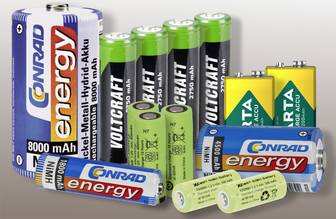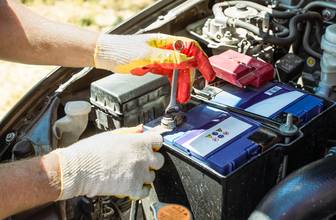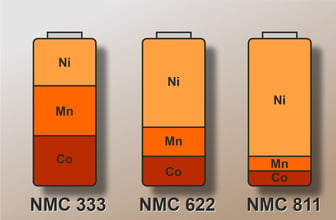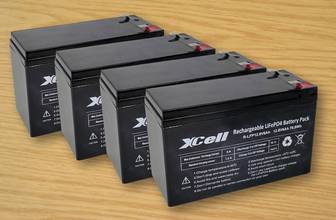Overview of current battery technologies » Comparison of rechargeable battery types
Published: 10.10.2023 | Reading Time: 2 minutes
This text is machine translated.
Not so long ago, the topic of rechargeable batteries or rechargeable battery technology was only of interest to companies or technical specialists. Portable radios or flashlights usually used batteries, which for the most part worked well.
However, those who preferred to use rechargeable batteries instead had constant problems. The low energy density, high self-discharge and memory effect prevented reliable and long-lasting operation of mobile devices. Nowadays, these problems are a thing of the past.
In addition to the development of new mobile electrical devices, many companies and manufacturers have also brought new batteries with new technologies onto the market.
For example, lithium-ion batteries with their high energy density now ensure that portable phones or notebooks can be used for a really long time, even when on the move. Lithium-ion batteries are even ideal for e-mobility.
However, technology that has been tried and tested for decades, such as lead-acid car batteries, has also been continuously developed and improved. We would be happy to provide you with a comprehensive overview of current developments and current battery technology.
Battery technologies at a glance
Good to know: Rechargeable battery or battery?
In the past, the word "rechargeable battery" was preferably used in German for a rechargeable energy storage device. The word "battery", on the other hand, stood for a primary cell that had to be disposed of in an environmentally friendly manner after discharging. However, even car experts were already referring to a car battery back then, even though this energy storage device was actually a rechargeable battery, or more precisely a lead-acid battery. In the meantime, however, linguistic usage in Germany has changed. The word battery is no longer used exclusively for primary cells. Instead, the term battery is now also used as a general generic term for electricity storage devices. Regardless of whether it is rechargeable or not. As a result, rechargeable lithium-ion batteries, for example, are often referred to as lithium-ion batteries.
